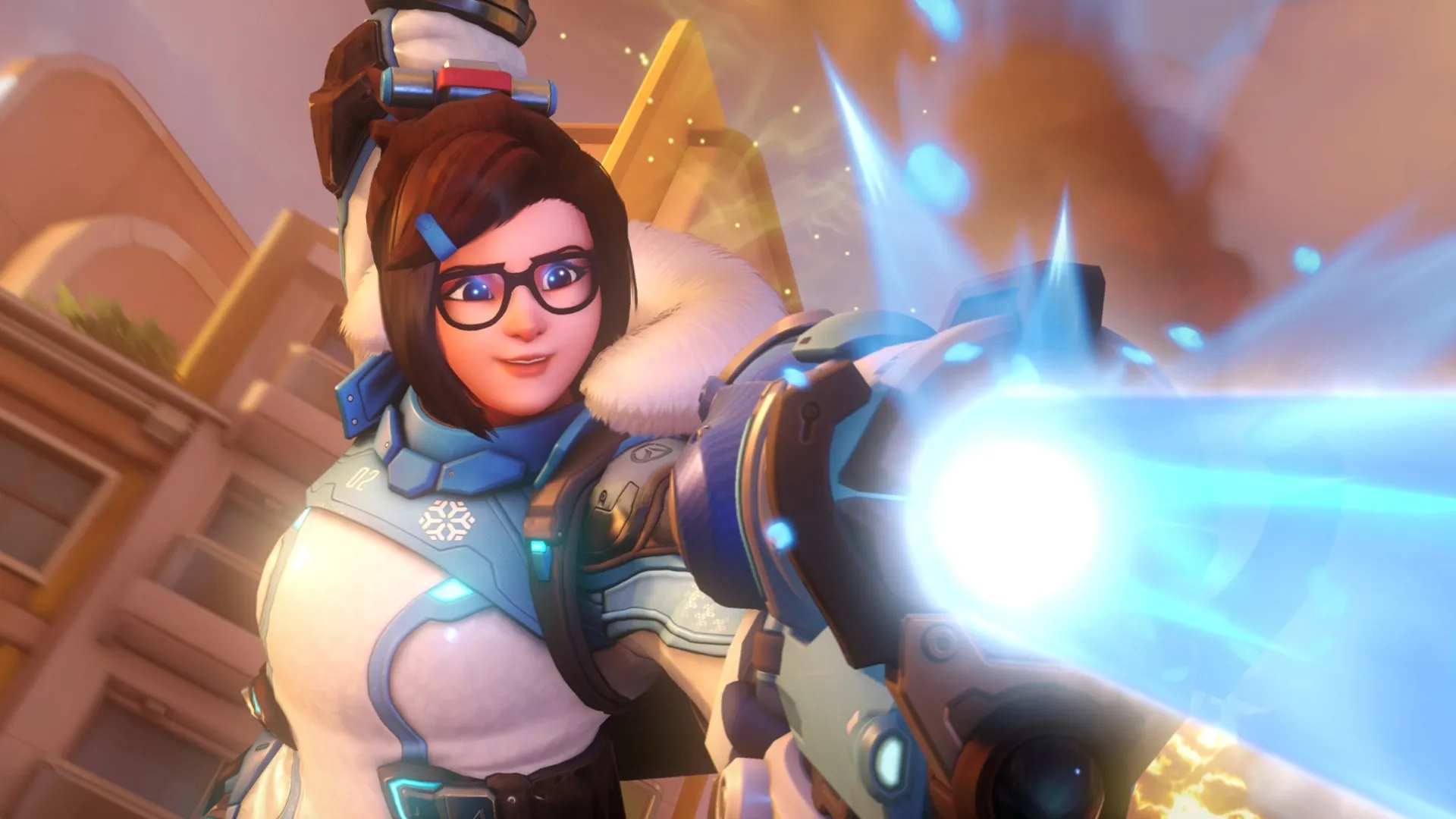The Death of the Private Match
You were a star in the story, not just a cog in some calculated machine

It was a soap opera — it was always a soap opera. Each match marked a new episode in a long-running saga, with a returning cast of characters playing their parts to a backdrop of improbable sets and props: the weapons and maps of your favourite video game.
That cast included a guy who could solo an entire team in one match, only to stack it on the first door in the next — or the guy whose connection would mysteriously falter around the time of a missed shot or dodgy grenade. Each actor became a legend, a myth that was talked about long after they left.
The stage was the private match: a place where stars would rise, villains would fall, and long-lasting friendship were born.
But that was before matchmaking. A virtual couch that takes you and your friends from game to game — a hamster wheel of never-ending competition invisibly shaped to your tastes and talents. Easy, convenient, effortless.
But all that came at a cost. Nameless, faceless and often voiceless, matchmaking diminishes human life to a number on a screen — a target that’s nothing more than a means to getting that shiny new unlock. That speed and lack of distinction between people, blends those games into one amorphous match. It’s the antithesis of what video games used to be — and what they were forced to be: social, eye-to-eye, face-to-face, and personal.
It’s why esports are so popular: it’s a narrative fixed on a small group of people who play together regularly — a would-be private match where teams and rivalries are born. It’s a world that accidentally recreates the social circles of yore, where each actor just happens to be one of the world’s best.

And that’s all a private server did, really: recreate the split-screen days of old. The server’s now your virtual house, with friends just as virtual. You were a star in the story — not just a cog in some calculated machine. All that now lost to the number-driven grind, where we don’t care about the other guy because we don’t know them.
In matchmaking, we become the product — a commodity to be served up to millions of paying customers happy to take a pop and move on.
In contrast, private matches were the Cheers of online experiences: small, intimate and personal — for better or for worse. Everybody knew your name. Returning to that server time and again was a conscious choice that spoke to the connection between each member of its cast.
The pool of possible friends online is limitless, but match space is limited. To filter thousands, millions, into a just a dozen said something about them. A private server was an inner circle from which friendships — even relationships — emerged. Your real-life house and your real-life friends where all a bit of an accident, with your ability to make more limited by time and geography. Your online friends were anything but. They choose you, you choose them.
The move to matchmaking transformed everyone from a potential friend to a guaranteed enemy. With that, we lost access to new connections, experiences, knowledge and perspectives from all walks of life. It’s the social-media effect at play, as we fine-tune our worlds to reinforce what we already know — the party’s walls hiding the online world beyond.
Number counting and stat-tracking were confined to each game — every match was a new episode to be anticipated and discussed afterwards. If stats were tracked, it just didn’t matter because you weren’t taking your ratio on tour for the world to see. There was less long-term investment, as each match became all-or-nothing. You could invest in the there and then.

With that came those stories, those legends. We acted, we made those crazy plays to win — unshackled from the need to protect those kill-death numbers. It felt like you were only ever as good as your last game, meaning the next one absolutely had to be your best.
The value proposition was different. In private matches, the returning cast meant you could benchmark yourself against other players — and watch you gradually overtake them. Matchmaking is designed to manipulate you into continue playing, making each victory questionable. It’s not clear if you won because you’re getting better, or because you were matched with an inferior opponent.
But matchmaking can be a powerful tool. It has the power to enforce the digital bonds you do have. It’s us versus the literal world — a party of a would-be band of brothers. Time-strapped parents who can’t invest in directing that drama, in making and maintaining that private lobby, are given an immediate gateway into the world of competitive play. You’re not reliant on your social circle following suit. Easy, convenient, effortless.
Private matches are still with us, and more choice is always good. And as life speeds up, the time and effort it takes to maintain that private server — to keep the show on the road — has only diminished. But in all the chaos, we should strive to run the occasional private match, to re-watch an episode in the long-past saga and remind ourselves that players are people too.
Comments
Sign in or become a SUPERJUMP member to join the conversation.
